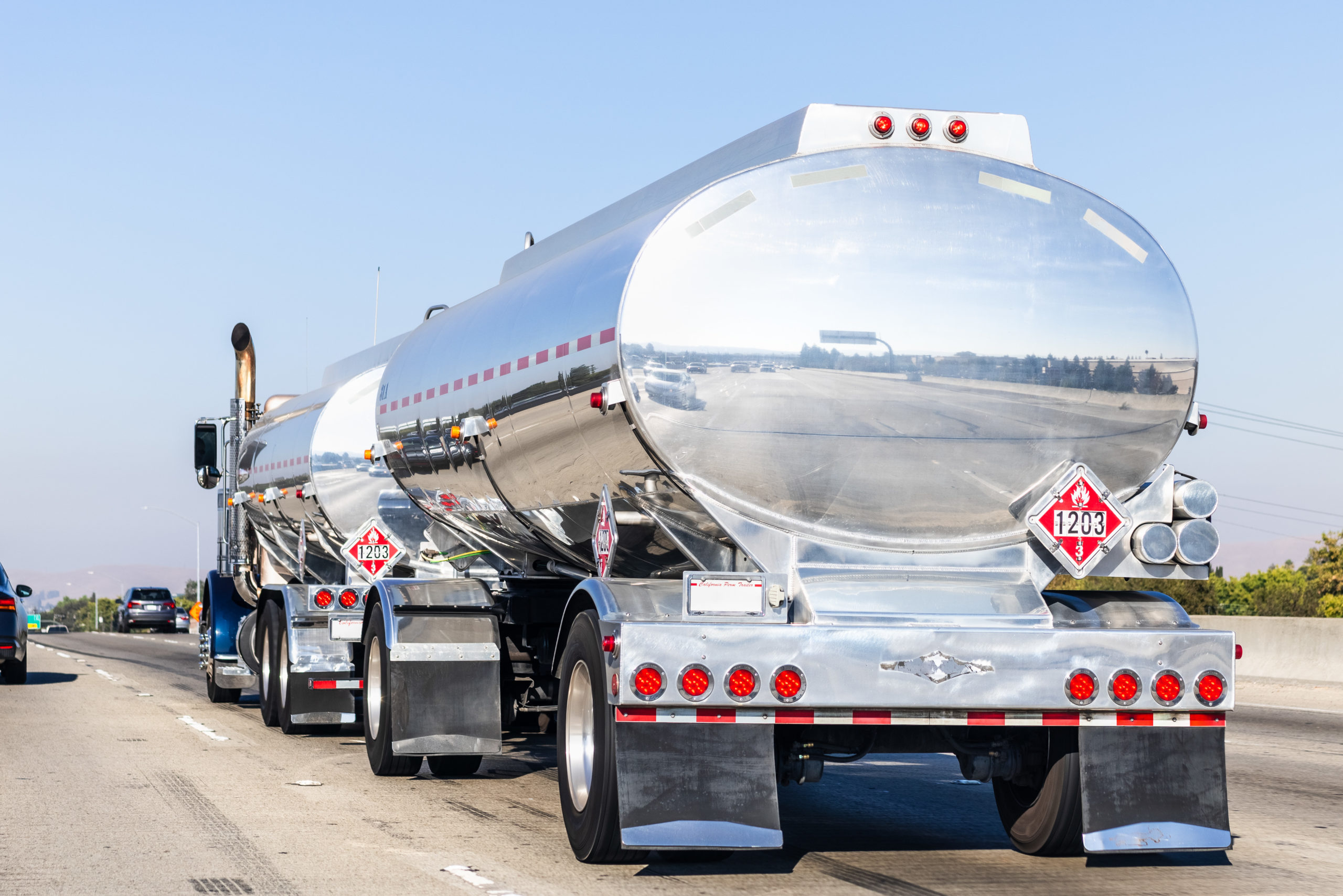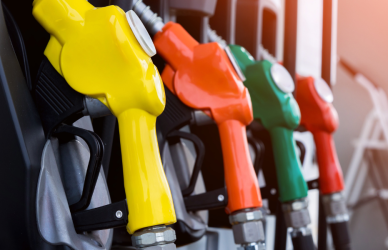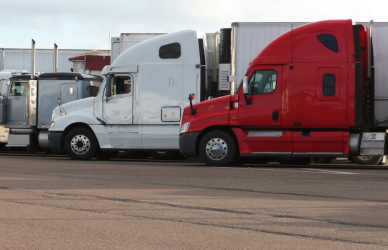The companies that transport fuel to gas stations are scrambling to find truck drivers to deliver shipments, NPR reported this week. Gas stations in Colorado, Iowa and the Pacific Northwest have, at times, run dry.
“We have plenty of gasoline, and refiners could produce a lot more if they needed to, but it just can’t get there,” Brian Milne, who tracks refined fuels for the data analysis company DTN, told NPR.
Demand for gasoline dropped at the beginning of the pandemic and a lot of fuel haulers were laid off or retired. Now, the demand for gasoline is rising and companies are struggling to find willing and qualified hazmat drivers.
“Drivers are essentially toting a bomb down the freeway because in the event of a crash, the tanks can explode,” Camila Domonoske reported.
Some CDL-A drivers have reaped the benefits of the increased demand — carriers and fuel companies are offering higher pay, better home time and more consistent schedules for drivers willing to haul fuel.
One driver told NPR his guaranteed pay has increased to $78,000 — a nearly 40% increase since January. Some fuel haulers are going to make six figured this year thanks to the shortage, according to the Owner-Operator Independent Drivers Association (OOIDA).
GasBuddy executive Patrick de Hann said this will only slightly affect gas prices.
“We’re talking about something that would be negligible, less than a 2-cent-a-gallon impact,” he said.
For decades, turnover in the trucking industry has been high. Now, in the fuel hauling sector, companies are offering huge pay increases to confront the problem. But for some truckers, it still isn’t worth it.
“I wouldn’t even consider it,” Brad Zeilinger, who has been a truck driver for 30 years, said.
Not only is it dangerous, he said, the licensing is a hassle and the hours are often not ideal.
“They couldn’t afford me, let’s put it that way,” he said.
Now, the question is whether higher pay will be enough to bring in a new generation of drivers.
“The young people don’t want to do this job anymore,” Zeilinger said. “My generation is on the way out the door.”











